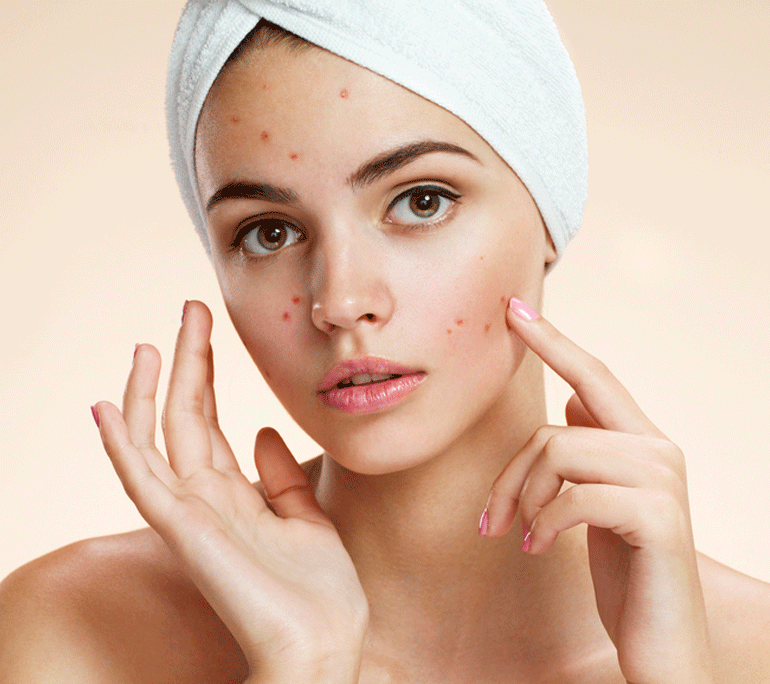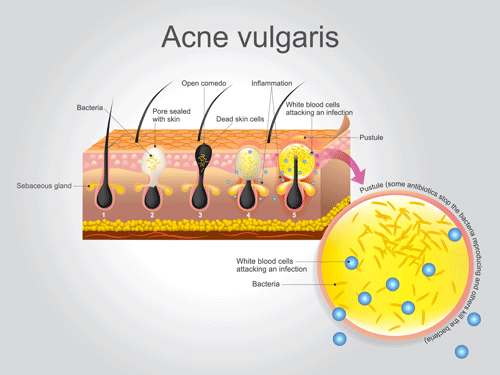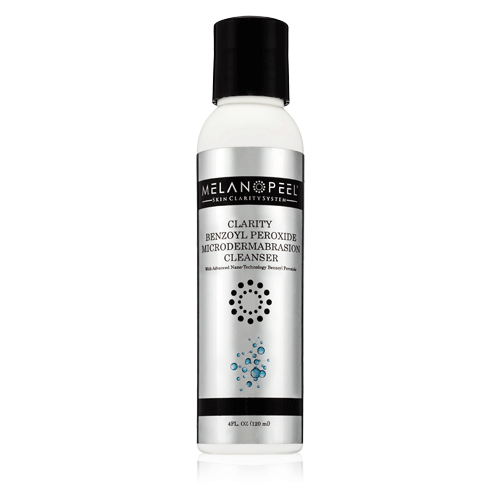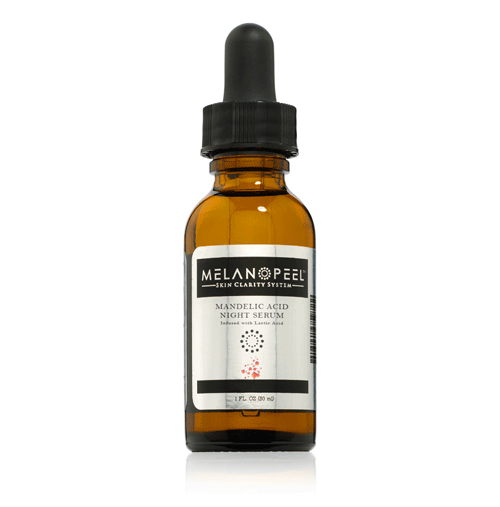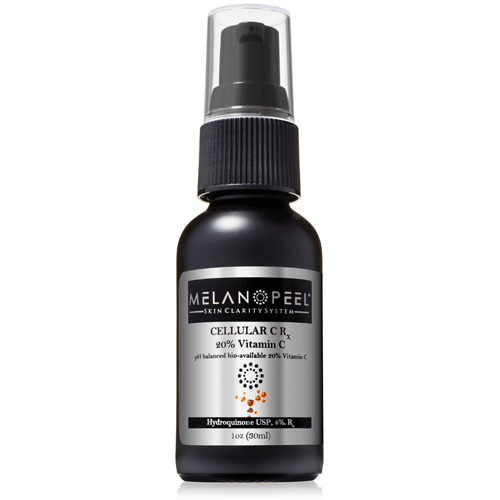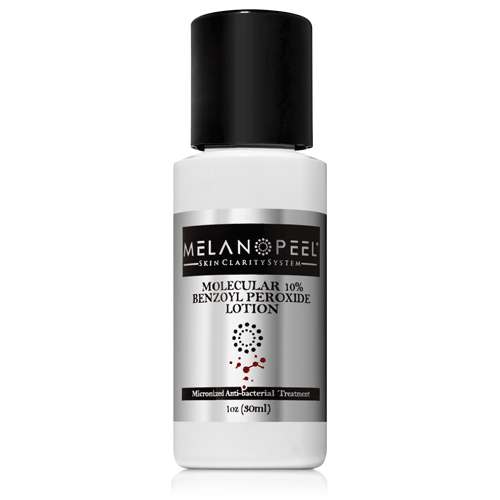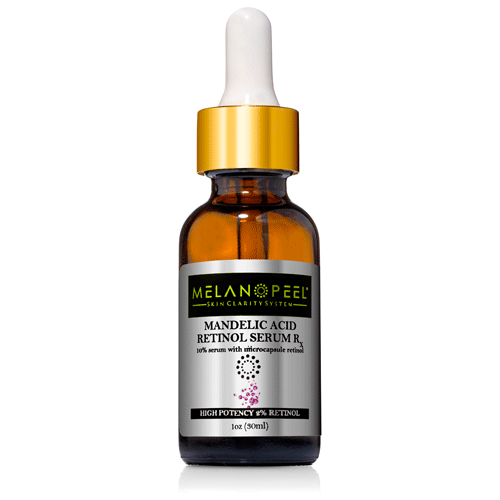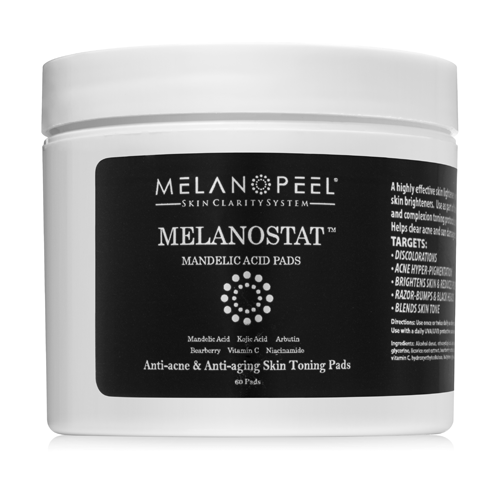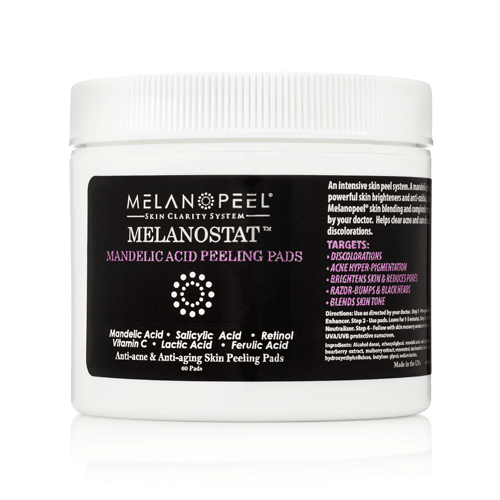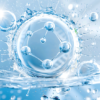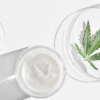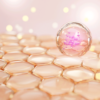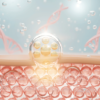Anyone can get acne, although it is more common in teens and young adults.
According to the American Academy of Pediatrics, eight out of ten teens get acne.
Acne is common among teens because hormones can trigger excess sebum or oil production. This oily substance, sebum, clogs pores in your skin.
Approximately 85 percent of people between the ages of 12 and 24 experience at least minor acne in the U.S.
Acne is a condition of the skin that presents as different types of bumps. These bumps can be blackheads, whiteheads, red pimples (papules), pimples with pus (pustules), large inflamed pimples (cysts) or the large hard ones under the skin (nodules).
Teen acne can start as early as the age of 9, go on for a few years, then stop. For many, it is most severe in mid-teen years of 14-15.
Acne is not a serious health problem, though severe acne leads to permanent scars. The exact causes of acne are still unknown, but hormones play an active role in acne development. Genetics also affects whether you will get acne or not, if your parents had acne, you may have inherited that tendency. Moreover, stress also aggravates acne, as stress is associated with hormonal imbalances.
The type of acne that most teens get is known as “Acne Vulgaris”, that shows up on the face, shoulders, neck, chest and upper back. The hair follicles or pores in your skin contain special oil-producing glands, called sebaceous glands. These glands produce oil, known as sebum, which lubricates your skin and hair.
Cystic acne is serious and can eave permanent scars.
Cystic acne can cause permanent scars & skin damage. See your Melanopeel® physician ASAP.
Producing sebum is natural, but as the body begins to develop and mature, hormones affect sebaceous glands to produce excessive sebum. Excessive sebum and dead cells can accumulate in hair follicles and block them, causing blackheads, whiteheads, large pores, oily skin, that begin the process of acne. Harmful bacteria also get food reserves and can get trapped inside pores and multiply, resulting in redness and swelling.
Increased androgen levels are observed in both girls and boys during puberty.
Androgens are also associated with increased sebum production. Therefore, teens get acne due to hormonal changes during teenage. Briefly, teenage acne is a result of either of the following conditions;
- Hormonal stimulation
- Excessive production of oil or sebum by the skin’s oil glands
- Irregular shedding of dead skin cells
- A buildup of bacteria
If your pores are clogged up but bulges out from your skin, you will get a whitehead. On the other hand, if pores are clogged up but remain open, the outer surface can darken and you will get a blackhead.
There is a very good chance of getting pimples or deep skin nodules or cysts at some point in the teenage years of varying acne grades.
As teen, educate yourself on treating acne and respond appropriately to care for your skin. Make no mistakes; it will not be easy but, if you follow the right treatment plan, you can get rid of acne and enjoy beautiful clear skin.
See all Melanopeel® acne solutions.


